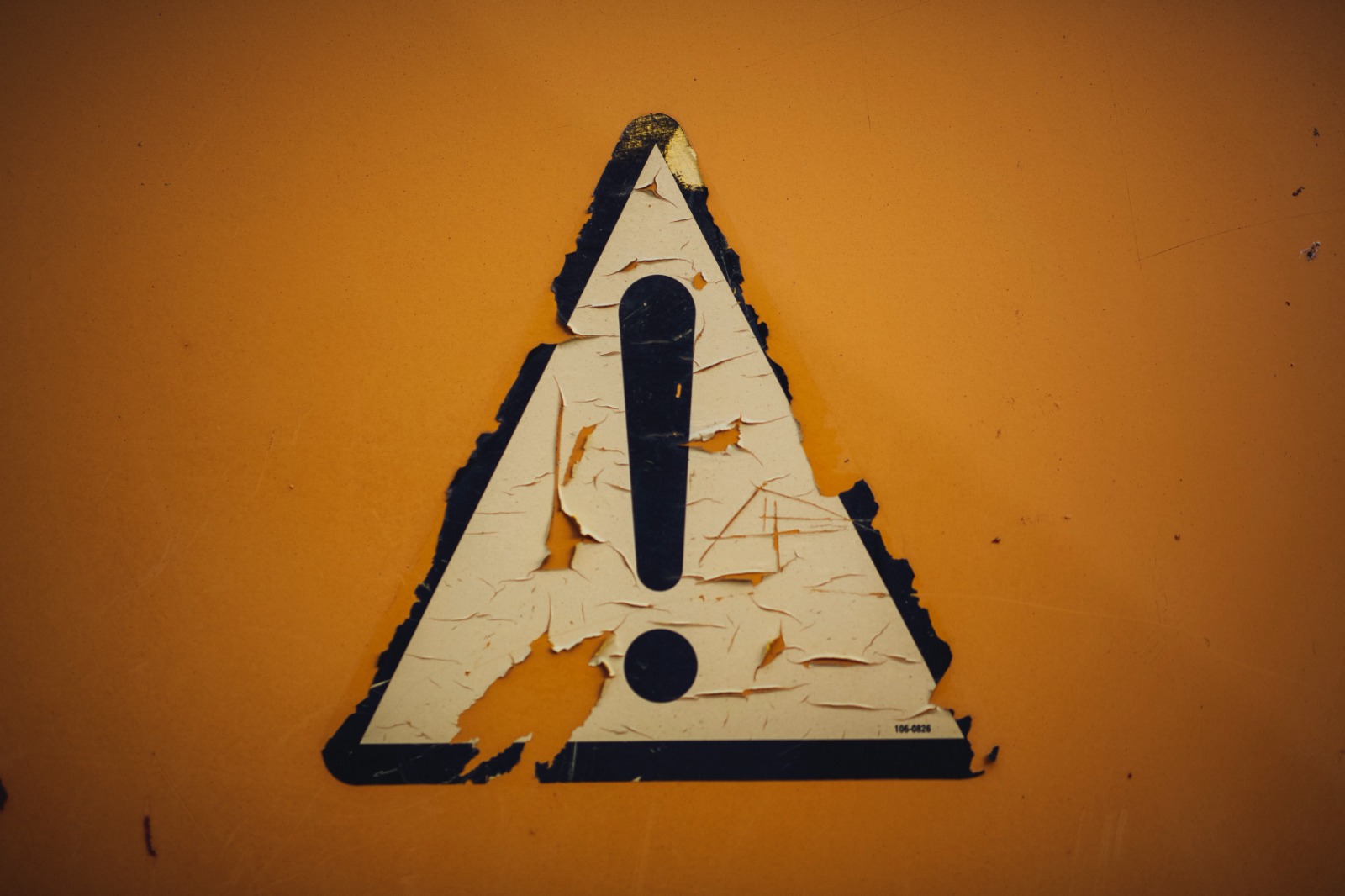
Unwanted Attention Part 1
They say that there is no such thing as bad publicity - that any attention is good attention. In my experience, it’s not that simple. Attention is complicated and the desire to obtain it can be problematic. When we are babies, we demand our parent’s attention for survival. This instinct follows us through life. As we grow older, it becomes important to balance the amount of attention we give and receive - how you behave is up to you.
If nobody pays you any attention at all, you will have no power to communicate your ideas and needs and this will certainly lead to insecurity. On the other hand, too much attention can result in an uncomfortable loss of privacy. Striking the right balance is crucial.
When I was a teenager, I used to equate attention with popularity and having a lot of friends. I realized, though, that certain kinds of attention can be harmful. Attention from the wrong person can spell trouble, while attention from the right person can lead to positive relationships and friendships.
In high school, I experienced the power of attention firsthand. I was popular, and the principal started using me to influence my classmates. He even gave me my own private bathroom! This attention gave me a leg up over my peers and allowed me to negotiate with the principal for a locked toilet exclusively for me and my class. Attention can have its benefits, but it can also hurt you in many ways.
In business, I learned the hard way that too much attention can be detrimental. When I was importing and distributing roses in Spain, I made the mistake of buying a flashy convertible car. This drew unwanted attention and caused customers to assume that I was using their money too much for my own gain. I lost a lot of clients because of that damn car, but it made me aware of my public persona and the type and amount of attention I want to gain.
So, while attention can be useful, it's important to be mindful of how much attention we seek and what kind of attention we attract. It's all about finding that delicate balance.
More on attention, when we meet again,

















